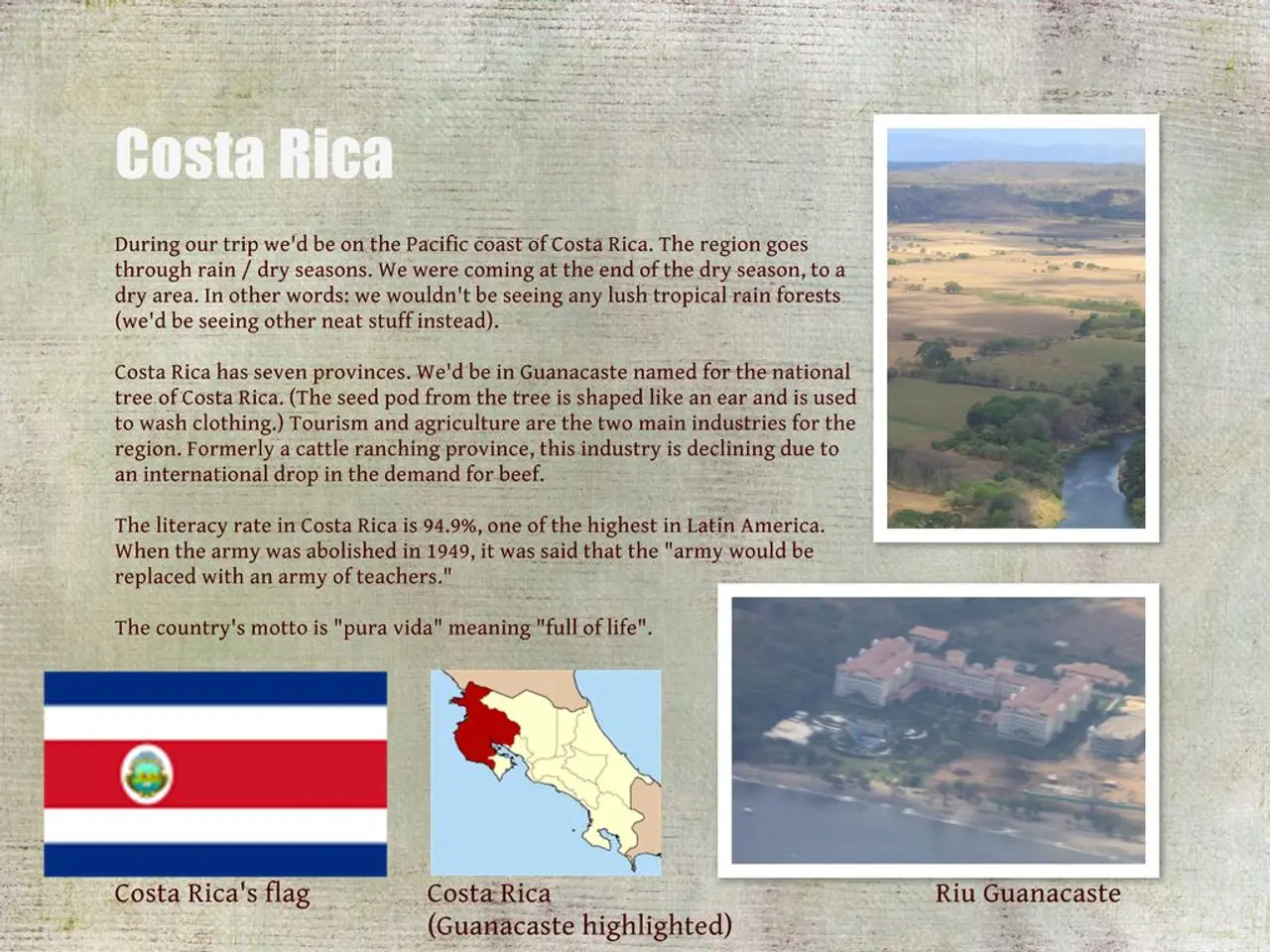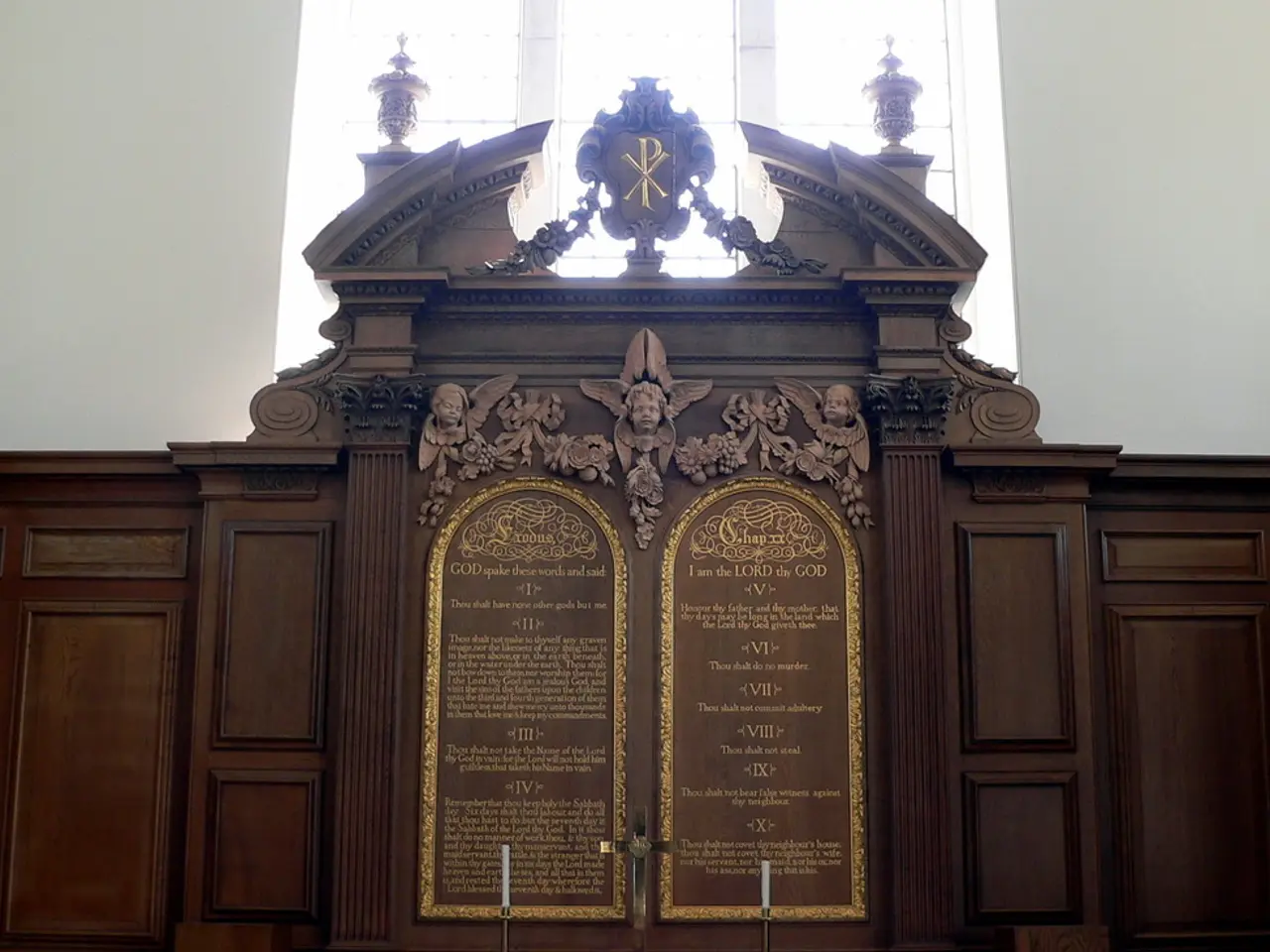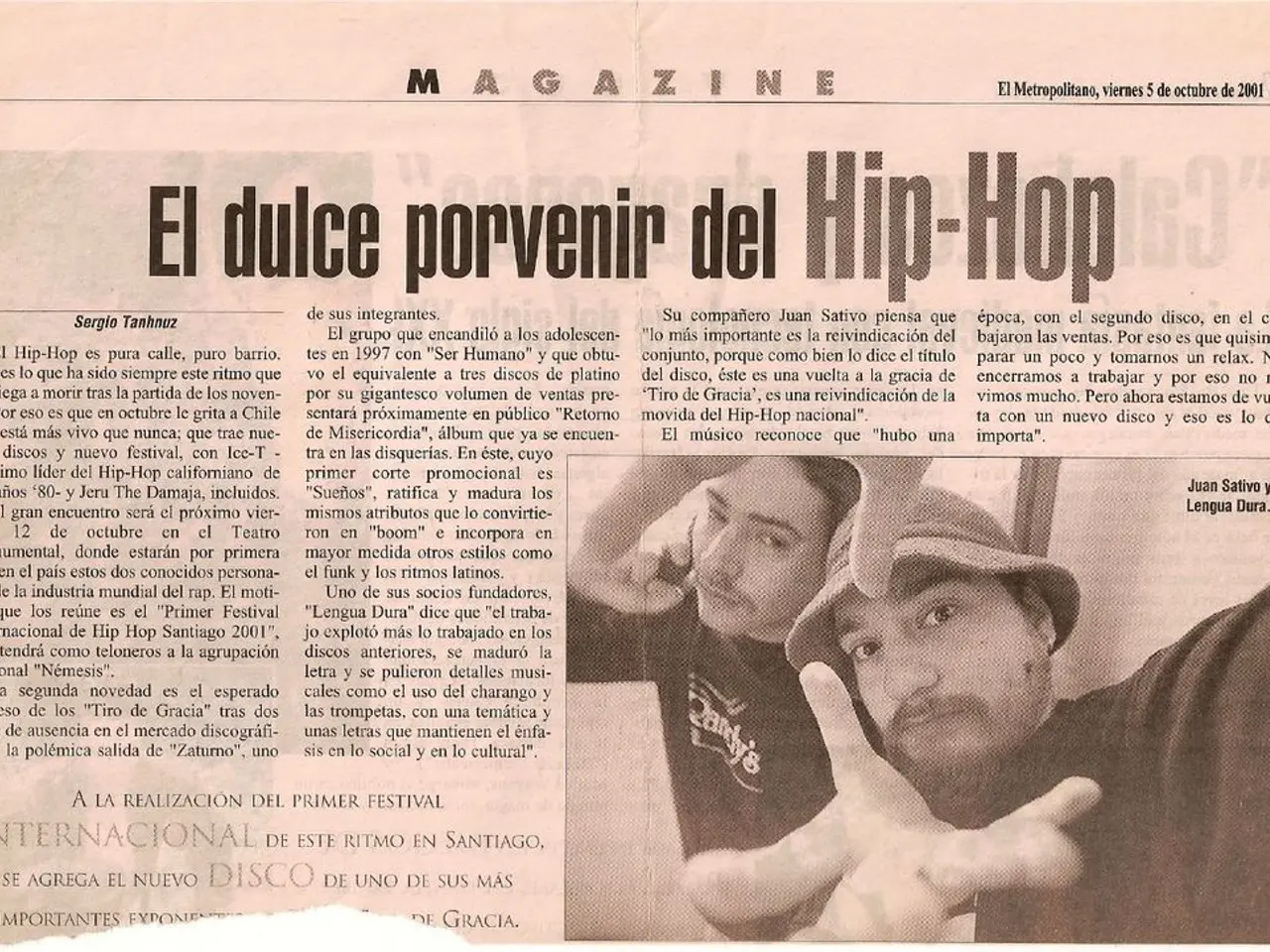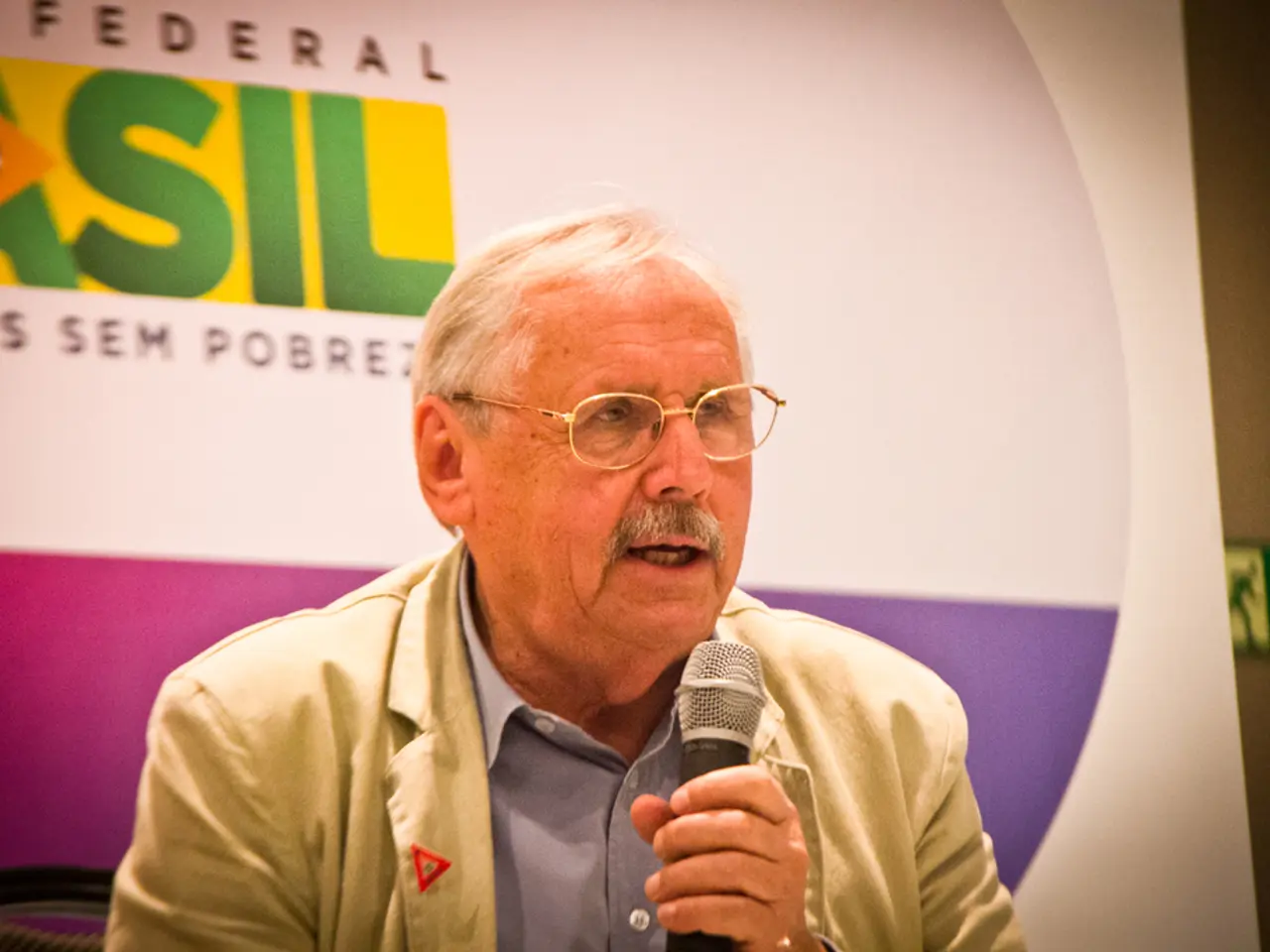El Salvador's President is now free following their release from confinement.
In a controversial move, the Legislative Assembly of El Salvador approved a constitutional reform on July 31, 2022, paving the way for President Nayib Bukele to seek re-election indefinitely. The reform, which was passed with a majority of 57 out of 60 parliamentarians, also extends the presidential term from five to six years and abolishes the requirement for a second round of presidential elections.
The package of constitutional amendments, proposed by deputy Ana Figueroa of the "Nuevas Ideas" party, includes changes to articles 75, 80, 133, 152, and 154 of the Salvadoran Constitution. The main changes increase the presidential term and remove limits on re-election, allowing President Bukele to potentially remain in power through multiple consecutive terms.
The reform has been met with criticism from various quarters, including the opposition, international human rights organizations, and civil society. Critics argue that the reform undermines democracy by consolidating power in Bukele’s hands and increasing the risk of authoritarianism. The approval of the reform was fast-tracked by Bukele’s party, which dominates the legislature, and coincided with a crackdown on government critics, human rights defenders, journalists, and activists—leading many to flee the country due to repression.
President Bukele, however, rejects these claims, arguing that indefinite re-election is common in developed countries and that criticism is influenced by El Salvador’s status as a "small and poor" country. Opponents of the reform, such as Marcela Villatoro, view unlimited re-election as a path to concentration of power and a threat to democracy. Villatoro stated that unlimited re-election leads to abuses, weakens citizen political participation, and destroys democracy.
The next presidential election is proposed to be held in 2027, alongside parliamentary and municipal elections. The reform grants President Nayib Bukele the right to seek re-election without a second round, requiring only a majority of votes to win.
The reform has raised concerns about democratic backsliding and power centralization in El Salvador. As the process took less than five hours and was approved swiftly and without opposition, many question the transparency and accountability of the reform process. The opposition has labelled the changes as "a public killing of democracy."
Ernesto Castro, a supporter of the reform, defends it as ensuring a stronger, fairer, and more effective democracy. However, the controversy surrounding the reform and the ongoing crackdown on dissent and civil liberties in El Salvador have led many to question the legitimacy of the reform and its impact on the country's democratic future.
[1] Reuters, "El Salvador's Bukele wins constitutional reform to run for re-election indefinitely," Reuters, August 1, 2022, https://www.reuters.com/world/americas/el-salvadors-bukele-wins-constitutional-reform-run-reelection-indefinitely-2022-08-01/
[2] Amnesty International, "El Salvador: Constitutional reform threatens human rights," Amnesty International, August 1, 2022, https://www.amnesty.org/en/latest/news/2022/08/el-salvador-constitutional-reform-threatens-human-rights/
The approval of the constitutional reform in El Salvador, allowing President Nayib Bukele to seek re-election indefinitely, has been met with wide criticism from opposition groups, human rights organizations, and civil society, who argue it threatens democracy and consolidates power in Bukele's hands (policy-and-legislation, politics). The reform, pushing El Salvador towards a potential risk of authoritarianism, has raised concerns about democratic backsliding and power centralization in the country (general-news).







